Logistics company Duvenbeck is switching a fleet of 40 vehicles to biogas fuel at its site in Saarbrücken, Germany for automotive supplier ZF.
The biomethane gas, made from renewable sources such as agricultural waste and provided by ViGo Bioenegery, will help Duvenbeck reduce its CO2 emissions by up to 8,000 tonnes per year.
![Bild 1_Duvenbeck[99]](https://d3n5uof8vony13.cloudfront.net/Pictures/480xAny/1/5/2/317152_bild1_duvenbeck99_485066.jpg)
The logistics firm’s inter-factory traffic was switched to Volvo battery-powered trucks for short distances in December. The factory in Saarbrücken is one of ZF Technology Group’s largest sites, used to manufacture automatic gearboxes. Duvenbeck’s fleet is then used to carry series production gearboxes and building components for onward delivery to ZF’s customers, before carrying back empty containers to the factory.
Duvenbeck has also partnered with Volkswagen in its efforts to go green. Following an agreement last year, Duvenbeck will be the first among several logistics partners to implement electric trucks to serve VW Group Logistics across its material logistics routes. Duvenbeck signed a letter of intent last year to buy 120 e-trucks from VW Group truckmaker MAN through 2026, with a proportion planned to serve VW Group Logistics.
“We’re now reaping the benefit from having switched our fleet at our business site in Saarbrücken to liquified natural gas (LNG) from 2019 onwards, because tractor units, which use fossil LNG fuel, can process cryogenically liquified biomethane without any problems and without any additional technical effort or expenditure,” said Thomas Balcer, Saarbrücken manager, Duvenbeck.
Florian Birkenkamp, commodity buyer, Freight Purchasing Transport Europe, ZF said: “Our declared aim is to operate in a climate-neutral manner by 2040 and this specifically includes transport operations upstream and downstream. As a result, the reductions in emissions being achieved by our logistics partner Duvenbeck directly support the implementation of our environmental goals.”
Earlier this month, Duvenbeck announced that it is expanding its network to include the Benelux region (the economic union of Belgium, the Netherlands and Luxembourg) through its acquisition of Dutch firm Schotpoort Logistics, giving it access to a central logistics region with proximity to the seaports of Amsterdam, Rotterdam and Antwerp.


























![Global[1]](https://d3n5uof8vony13.cloudfront.net/Pictures/web/a/d/s/global1_726550.svgz)




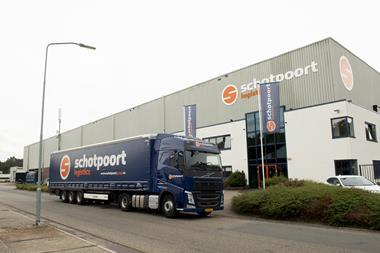
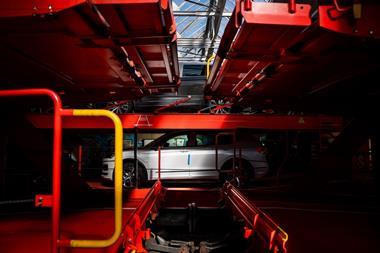
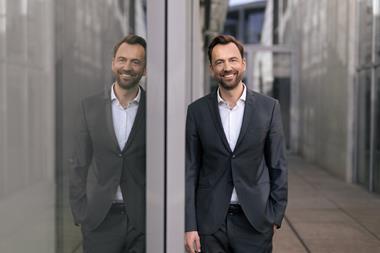
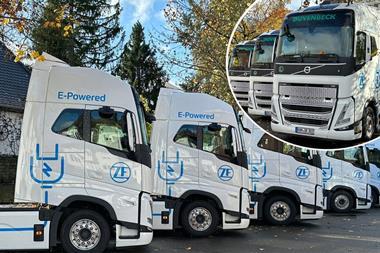
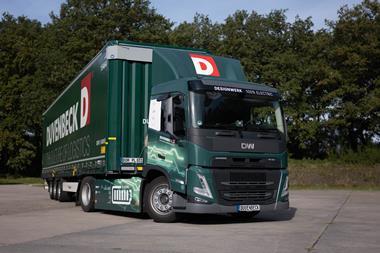




No comments yet